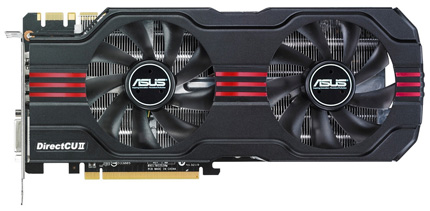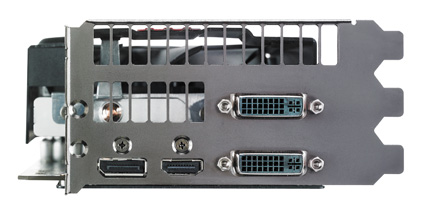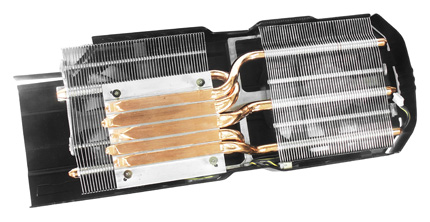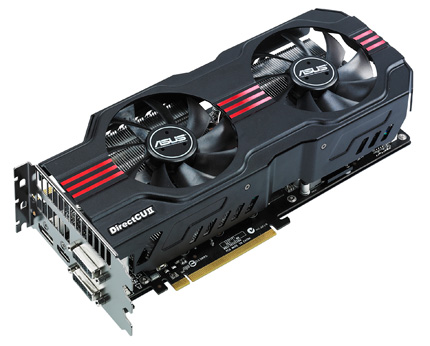
With the 17 million tablet PCs sold by
Apple last year it could be argued that the slate has just started on its path of domination for the portable computing market.
This year at
CES there were about 80 tablets on show, all the more impressive when considering that just last year the tablet was the
iPad and some others in the pipeline.
But with companies ploughing so much cash into the development of tablets in an almost bewildering range of forms there is still debate as to whether there is enough desire from consumers to meet the expected demand.
“Producers are rushing to squeeze into a market space that barely exists, but folks believe will go through the proverbial roof,” commented marketing expert Andy Marken of Marken Communications.
While firms may be trying to produce tablets that cater to every conceivable need, are they really vital, or just another device to lump around with you? It seems that many of the applications that tablets are marketed towards are already pretty much covered.
For instance, if you want an
e-reader you are better off going for the reasonably priced e-ink of the
Kindle or others. Or, if you are looking for a useful word processors or office tools - like video post production, an ultra-light notebook could be more than adequate.
You can type on tablets more easily than a
smartphone, but typing up a 2,000 word essay on a 10-inch touchscreen does not sound particularly appealing. Especially when you consider auto-correct. [On an iPad we had to hand, and this is no attack on Apple but rather the professional use of the format, "Typing up a 2,000 word essay on a 10-inch touchscreen does not sound particularly appealing" reads: "typing up a 2,000 word edssqy on qe 10-inch touchscreen hit sound particularly appefalig. Yes we can touch type.]
Some tablets, like the comparatively teensy
Dell Streak, work as phones too - but quite how the user feels about clasping anything bigger, essentially a large tile to their head just to make a call is unclear. It's
a bit Trigger Happy.The only area that the tablet truly seems to slot comfortably in, right now, is moving web readers away from the desk and onto the arm chair. One of the main uses for the iPad is to have a peruse of some pay-walled Times stories before a quick tweet in front of Coronation Street, hardly the most groundbreaking of applications for £700 odd quid. But that doesn't even matter for most - because it's fun. It seems the tablet doesn't know what it wants to be yet. In the words of a hackette we know: "I wasn't sure what the Galaxy Tab was until I looked it up. But I know I want one."
In fact, the iPad itself is taking online reading time from the workplace and into prime time
TV hours for a bit of sofa surfing, according to an article cited by
PaidContent.
Sure there are certain professionals who would, for example a photographer, perhaps want to show images easily to clients on a portable device. Indeed paperless is something everyone, especially the tech giants who profit, want to move toward. Considering that the space in the market is not only occupied by the all-conquering Apple, now joined by 80 other devices, for tablets to become commonplace they will not just be used by professionals.
Of course this could just be boneheaded Luddite-ism, and the tablet may become the 21st century equivalent of a rolled up copy of the
Sun in the back pocket that enjoyed ubiquity in many a building site during the last century.
With prices expected to begin to come down rapidly for non-Apple devices, and products featuring low price tags compared to high power on the horizon, it seems as though the devices will worm their ways into our lives.
“The challenge for the consumer who wants a tablet right now is to look at the units available and determine which companies will be the survivors, because consolidation will occur,” says Marken.
“Unlike netbooks, with their early media frenzy and consumer enthusiasm because of the low cost and notebook “look,” the tablet market will have staying power.”
The problem was, the netbook was an anorexic notebook, which many found had severe processing shortcomings.
”Ultimately perhaps it is not whether the tablets will truly gain a foothold, but which ones will survive the initial clamour," or, as Marken says, “Picking the winners from the losers will be the trick, but the tablet is here to stay.”

 PuppyURL
PuppyURL









